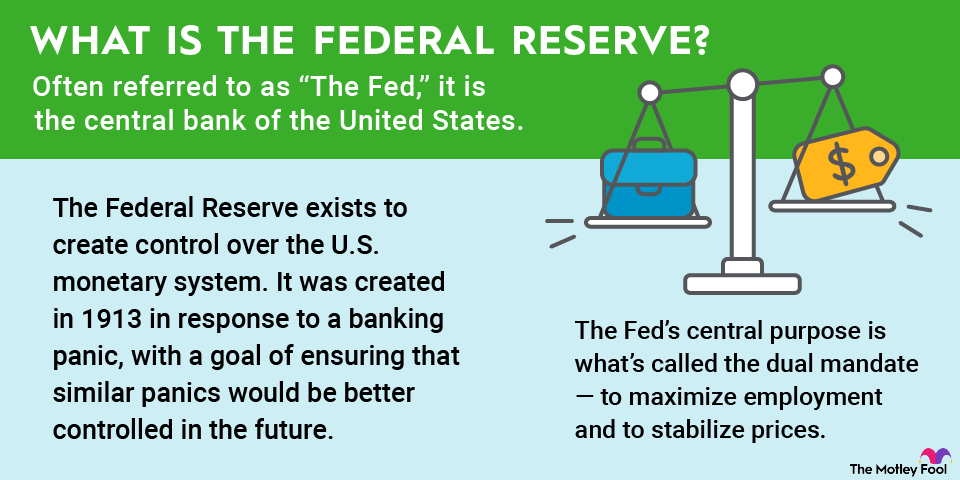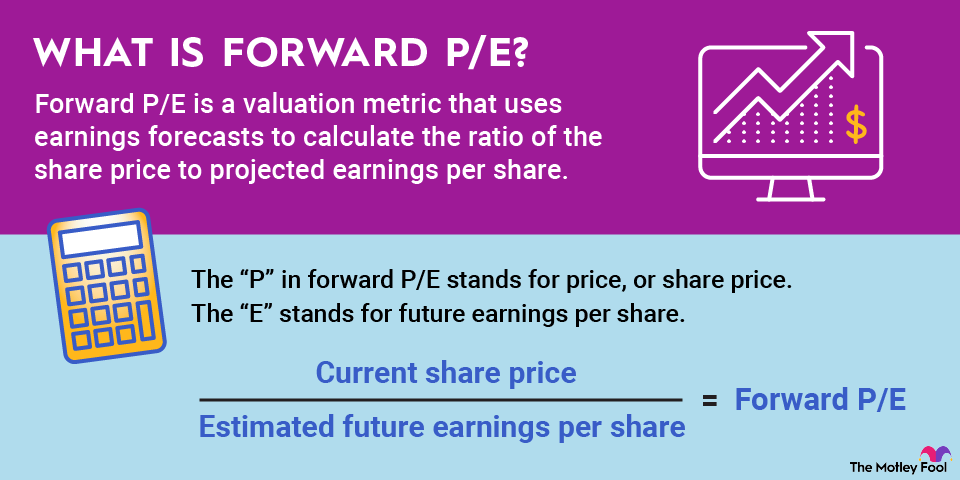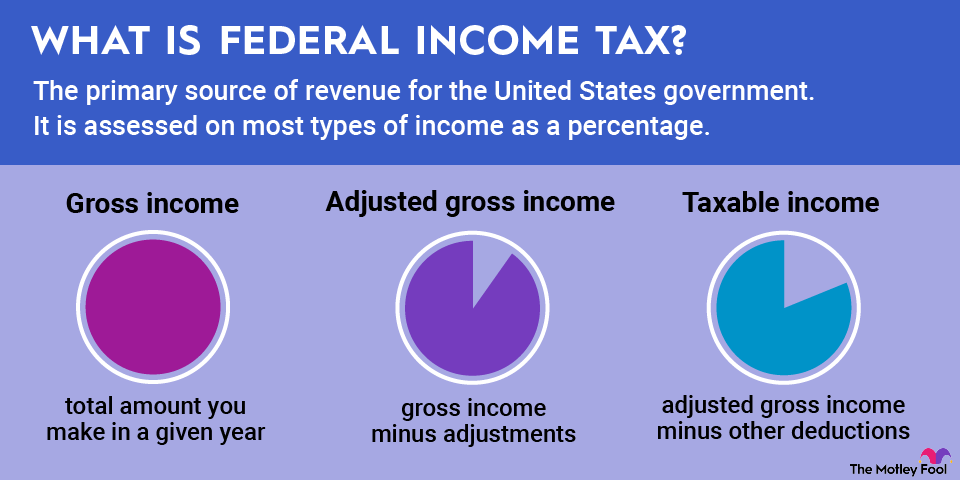Your favorite company may be celebrating its entry or continued membership in the Fortune 500, but what does that mean? We'll demystify this not-insignificant honor in this article and explain what it means for investors who may have some money they want to put into stocks or other company-based investments.

What is the Fortune 500?
Fortune is a business magazine started back in 1929 and has been staple reading for business owners across America ever since. But in 1955, the magazine had a brilliant idea: It would rank the companies it regularly covered as the biggest movers and shakers in the country.
That's where the Fortune 500 came into play. The Fortune 500 is a list of the 500 largest companies in the United States, ranked by revenue using publicly available data. Private companies that don't file regular financial reports are excluded, but members of the S&P 500 that do business in the United States are not.
For investors, looking to the Fortune 500 can give you ideas for reliable companies that you can count on to be a solid investment. Although it's important to evaluate each company based on your own financial goals, this is a great list to start from if you are looking for long-term growth and profitability.
What is the Fortune Global 500?
The Fortune 500 has given rise to other types of lists, some that sound very much like the original. Take the Fortune Global 500, for example. The only difference is "global," but it's a little word that makes a huge difference.
Just like the Fortune 500, the Fortune Global 500 ranks the top 500 companies, but these are multinational companies instead of U.S.-based companies. It uses the same ranking metrics, most importantly annual revenue based on public-facing reporting. It's a huge honor for any company to be included on any of Fortune's lists.
Just like the Fortune 500, the Fortune Global 500 can be insightful for investors, especially those looking to diversify their portfolios with more global companies.
What are the requirements to become a Fortune 500 company?
Fortune 500 companies must be incorporated in and operate within the United States of America and must file regular financial reports with the United States government. Although these companies are primarily public companies, there are private companies that meet this criteria, as well.
The companies' revenues are then compared based on their most recent 10-Ks or similar reports for the fiscal year. However, if a company fails to file full financials for three quarters of the year, they're excluded.
At one point, the Fortune 500 was limited to companies operating in the manufacturing, mining, and energy sectors. But in 1995, it was expanded to include other types of non-industrial companies, dubbed "service companies." Since the magazine had been ranking these companies on their own list for years, it was more of a list consolidation than a bold new move.
Related investing topics
What are 2026's top Fortune 500 companies?
The Fortune 500 Companies change every year, but some, like Walmart (NYSE:WMT), have held the title for many, many years (this is its 11th year in the top spot). Here are the top 10 Fortune 500 companies for 2003:
- Walmart
- Amazon (AMZN -1.31%)
- ExxonMobil (XOM +2.62%)
- Apple (AAPL +0.76%)
- UnitedHealth Group (UNH +2.03%)
- CVS Health (CVS +1.57%)
- Berkshire Hathaway (BRK.A -0.21%)
- Alphabet (NASDAQ:GOOG, NASDAQ:GOOGL)
- McKesson (MCK +1.80%)
- Chevron (CVX +1.94%)
The 2023 list carried particular social significance, as noted in a message from Fortune's Editor-in-Chief, Alyson Shontell.
"There are signs of progress -- slow, but real -- in this year's Fortune 500. Fifty-two women run companies on the list, up from 44 at this time last year, meaning more than 10% of the nation's biggest businesses are run by the 'opposite sex' for the first time ever. […] There are also more Black CEOs running Fortune 500s than ever before -- but it's shameful to say that there are still only eight."



















